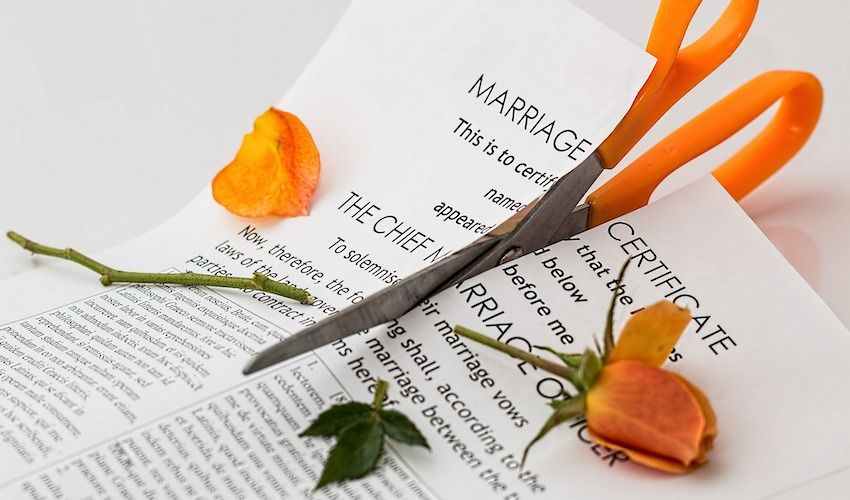


Yes – if you and your spouse both want to.
That's the view of Advocate Emma Wakeling, a Partner at BCR who had this advice during Good Divorce Week...
Divorce, dissolution or separation can be an incredibly difficult time. These are decisions made by adults, sometimes after very unhappy circumstances, but the impact on children must not be under-estimated. That impact can be managed so that you can find a way to still be parents together even when you are not partners together.
Children very much feel the pain of their family changing shape, and sometimes even more so. For at least one of the adults, he or she will have made the decision that the relationship is over. That is not true for children. Children find themselves caught in the middle and will rely on their parents to help them navigate their way through the new normal.

Pictured: Advocate Wakeling says parents will have to help children accept the 'new normal' of divorce.
Parents can equip themselves with some tools to help. After all, these may be unchartered waters for the adults too. The Parenting Through Separation Guide is full of useful information to help with co-parenting.
As with anything in life, if a kind and constructive approach is taken, the outcome can be far better all round. That is not to say that you should simply give in to demands, but the key is in the approach you take. This is also true for how to help your children through the process.
Here are some top tips:
Choose a lawyer whose approach matches the approach you want to take;
Being nice does not mean being a pushover;
Remember that once the separation is finalised, you still have to co-parent your children together and that relationship will last a lifetime – start as you mean to go on;
Put yourself in your children’s shoes – no matter how you feel about each other, your children still love each of you;
Agree on what you are going to tell the children about the separation and when – give a consistent message that does not involve blame;
Reassure your children that they are not at fault;
Listen to what your children have to tell you and how they are feeling.
Sometimes two happy households can be better for a child than one unhappy one.
This may seem easier said than done and these may not be things you can achieve immediately. Decide where you want to be at the end of the process and keep that your focus. The separation process is what you make it.